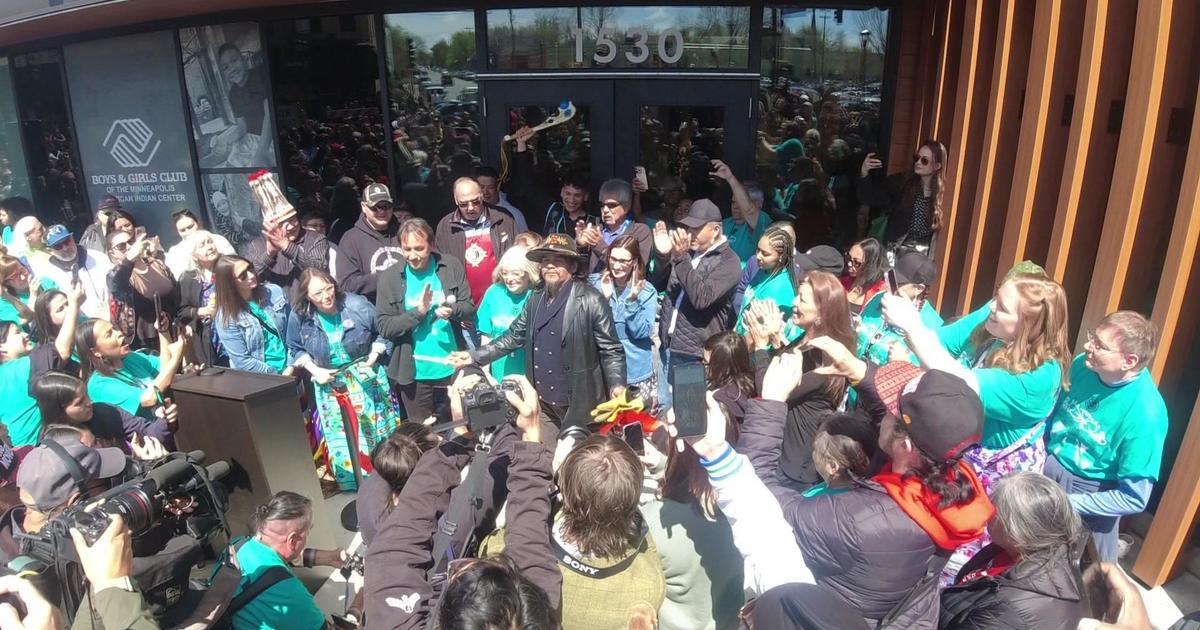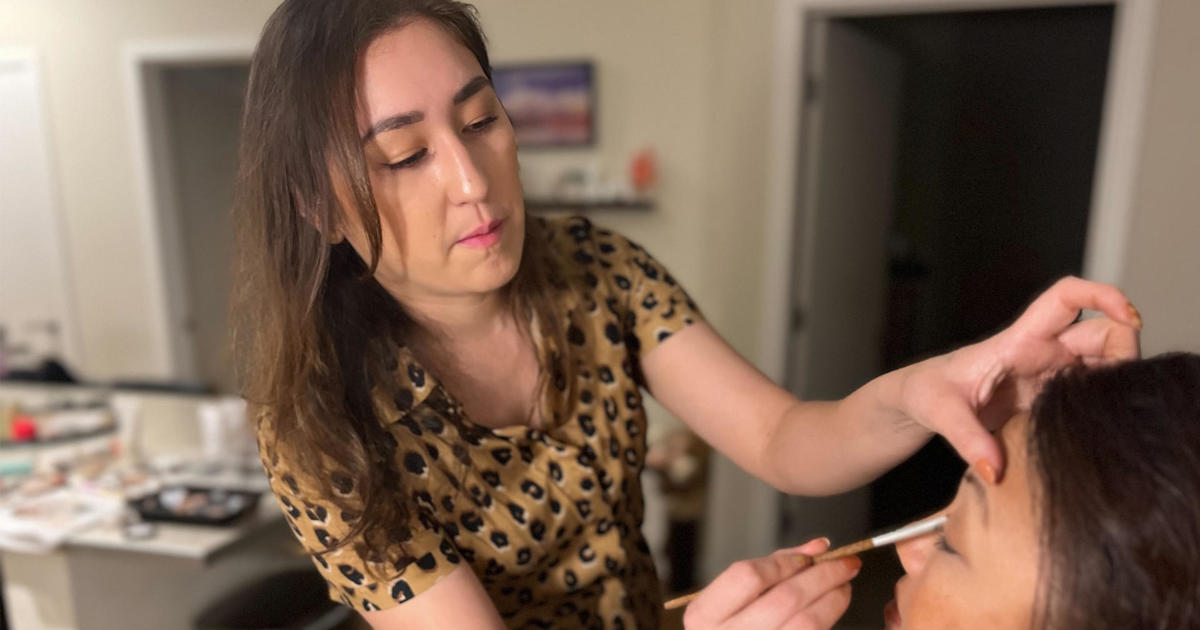Movie Blog: An Interview With 'Hysteria' Director Tanya Wexler
Director Tanya Wexler takes the romantic comedy into uncharted territory in her new film "Hysteria", which opens Friday. Set in Victorian London, "Hysteria" deals with the invention of the electric vibrator. Yes, you read correctly. I sat down with Wexler at Minneapolis' W Hotel to discuss the horrors of Victorian medicine, and what it's like to direct women of all ages as they reach the, um, big "oh".
When I think of Victorian-era medicine, there's always an element of horror that sticks out to me. You touch on that briefly in the beginning when we meet Hugh Dancy's character working at a primitive, bleak clinic. There are shockingly antiquated and terrifying practices that are associated with that era. Are we really that far removed from questionable practices today?
I think the movie is much about the cultural denial we're all in more than just the vibrator. I think if you made a movie about the vibrator it would just be a fifteen minute comedy sketch. I was talking with a friend and mentioned "I don't think it's so different. I think fifteen to twenty years from now we're gonna look back and go 'remember when people use to inject their faces with botulism?'" We still do crazy stuff.
Yeah, that's up there with leeches.
Yeah, they use leeches again now! So I think that this idea of what classifies as medicine in a terrifying way, but also what happens when a diagnosis, or when a problem is just people? Hysteria was this diagnosis for the condition of being a woman. It doesn't mean that some of the woman that got the diagnosis weren't sick. There were some people who were severely depressed. The problem with "hysteria" was that it was just a catch-all. It meant nothing. And I think that's what's cool with Maggie Gyllenhaal's character, I think there's a lot cool things about her character, that's who I would've wanted to be if I were back then.
She's sort of like a time traveller.
Exactly. The truth teller, the forward thinker, and there were those people, but they were on the skinny tails, if you will. I think what her character ultimately comes to, because she has an evolution too, from thinking that her dad is just a quack, to having more of a nuanced view at the end. She basically kind of says, in one form or another, there's nothing wrong with her father's work - but it's not a disease (laughs). People ask a lot "what's the message of the movie?" and I think I would say "it's a romantic comedy, so we're trying to avoid things like messages." When I heard the idea, I was given a two-page treatment. I had made two teeny films, little art films in New York. I had made some kids, and I was in MomLand. I was developing stuff, but I wasn't aggressive about it. And then this idea came along, my friend Tracy brought it to me, and I thought "I have to make this movie." It was just a treatment, and we had to start from zero. It was already a romantic comedy, and the sense of the tone was there. The writers really nailed it, and it was a long kind of massage (laughs).
AYYY-OHHH!
(Laughs) Sorry! I knew the tone from the treatment, and I knew it wasn't a sex farce. I already knew it was sort of a Richard Curtis-y, ironic romantic comedy that just happened to be set in Victorian England, and had to have this complete, perfect period authenticity, because the big joke wasn't the vibrator. The joke was "can you believe that people did this back then!" And for that to work, you have to believe that they did that (here's some background on the history of the medical condition "hysteria"), which means all the design, all the detail, all the facts, the cinematic language has to evoke real period authenticity.
And there was authenticity in portraying what the doctors called "hysterical paroxysm"?
We showed 20-year-old, 30-year-old, 50-year-old, 60-year-old, 70-year-old women having an orgasm, and everyone keeps bringing up "When Harry Met Sally", which was genius. But (Meg Ryan) was showing a fake orgasm. I can't think of another movie the shows women of all ages, stations of their lives, experiencing that. I can't say how the actresses were going to those places! I wanted to show that feminism has a sense of humor, and have stuff that had something to say and was entertaining and makes you laugh. Also, the story has no real victims. For the woman, it was the best physical therapy they could find, and for the guys, well, I think really the vibrator was invented for a man. It was a labor-saving device. It was really ironic, I gave everyone who worked on the movie a vibrator. Most people laughed, while a couple were all like "I don't want to competition." There was an old scholar who wrote about the vibrator and said that it wasn't competition, it was a member of your team. Dudes like power tools (laughs)!
Were you attracted to the prospect of doing a period piece? Was it daunting?
No, it was great. You know, you can always make movies were all you need is to go buy some t-shirts at Target. It's awesome, but you want to go world-imagining. You want all those period costumes. And the fact that it was all real, you know, I like CGI and stuff, but it's so fun to just make stuff, and tangibly hold stuff. I got to design all the period medical posters, and I still got the "Dr. Delripple's Electric Vibration Message Theatre" posters in my office. It was amazing to go into the Pinewood Studios' prop shop and see Darth Vader's helmet, and James Bond's doo-dads and this and that...and my Victorian vibrator. What a weird cluster of film history!
- Steve Swanson



